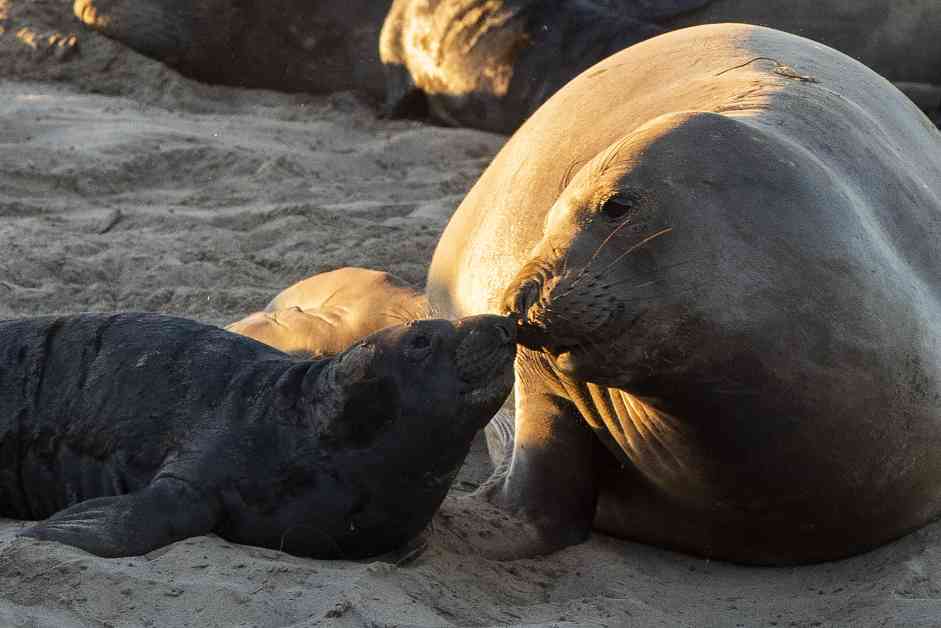According to a recent groundbreaking study published in Science by ecologist Keller Kopf and his research colleagues, older, larger animals play a crucial role in maintaining thriving ecosystems. These animals, like the Bigmouth buffalo that can live for over 100 years and grow up to 50 pounds, are often overlooked and underappreciated despite their immense value.
Why Older Animals Matter
Kopf’s research sheds light on the importance of these aging animals, emphasizing that they provide critical knowledge and support to their communities and offspring. In environments where climate change poses significant threats, these older individuals offer valuable insights on migration, resource location, and survival strategies. Kopf likens this knowledge to “wisdom,” a term traditionally reserved for human beings but applicable to older animals as well.
Implications for Conservation Efforts
Despite their significance, many of these species are facing challenges that threaten their populations. For example, the Bigmouth buffalo has not experienced optimal breeding conditions in decades due to human alterations to its habitat. Similarly, the Alligator gar, another large fish species, is at risk of overharvesting by sport fishers, jeopardizing its reproductive potential and long-term survival.
Policy Considerations
The research by Kopf and his team highlights the need for targeted conservation efforts that prioritize the protection of older animals within various ecosystems. Current conservation frameworks, such as the UN Convention on Biological Diversity and the International Union for Conservation of Nature Red List, do not specifically address the importance of longevity in maintaining ecosystem health. Fisheries management policies also often overlook the role of age in assessing population health, leading to potential volatility in fish populations.
As we navigate the complex challenges of climate change and biodiversity loss, it is imperative to recognize the vital contributions of older, larger animals to our ecosystems. By incorporating longevity conservation strategies into global conservation efforts, we can ensure the resilience and sustainability of diverse species for future generations.
Donations from readers like you fund every aspect of what we do. If you don’t already, will you support our ongoing work, our reporting on the biggest crisis facing our planet, and help us reach even more readers in more places?
Please take a moment to make a tax-deductible donation. Every one of them makes a difference.














